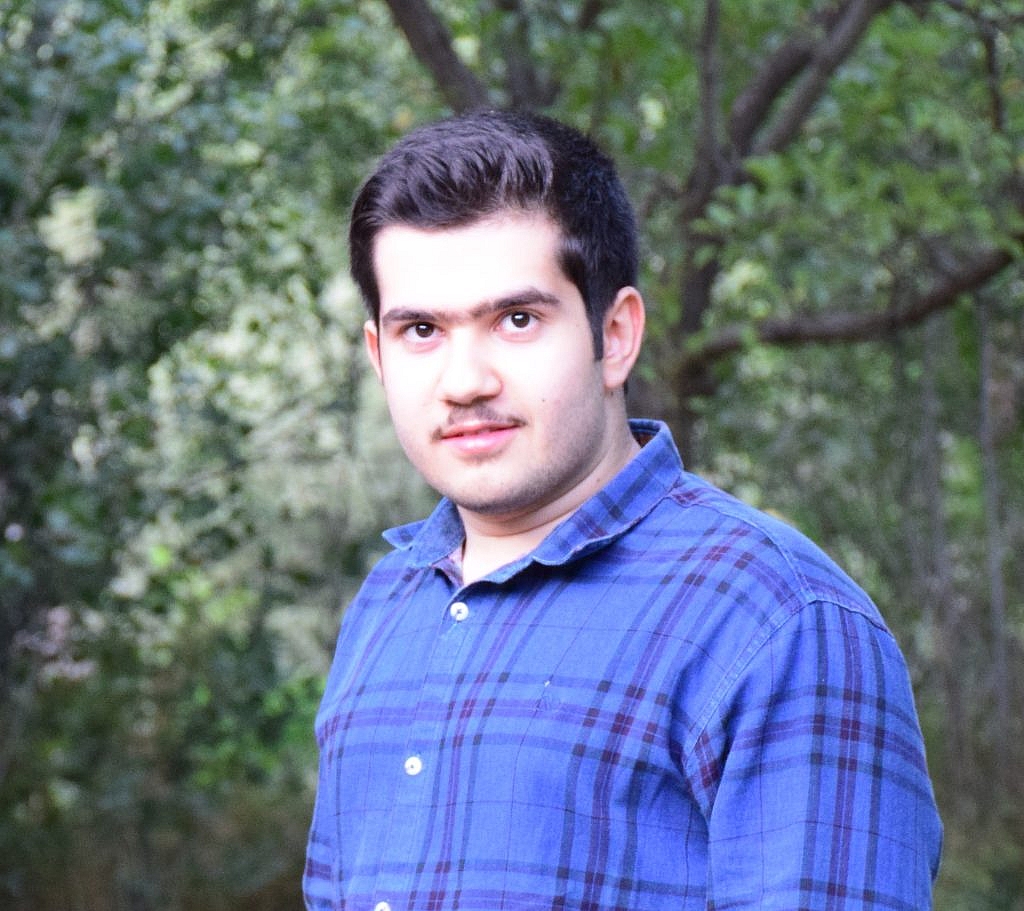I encountered a sentence from “Monique Wittig” in the introduction of Freud’s essays published by Penguin Classics: “Psychoanalysis is the official discourse of sexuality.”
which I think we can construe this collection of words as this: Psychoanalysis is a primary and authoritative way of understanding and discussing sexuality in a structured or academic manner.
That was the starting moment that awakened me to gather some information on different meaning of the word “discourse” in different contexts.
Let’s start with some examples:
- “Democracy thrives on free political discourse.”
- “The medical discourse around mental health has evolved significantly over the past century.”
- “Feminist discourse challenges traditional gender roles and advocates for equality.”
- “Religious discourse often shapes cultural values and ethical frameworks.”
- “Climate change is a central issue in contemporary scientific discourse.”
The concept of “discourse”
1. In Linguistics
Discourse Analysis examines how language is used in context, focusing on larger units of language (beyond sentences) and their functions in communication.
Example:
In analyzing political speeches, discourse analysis might look at how certain words (e.g., “freedom”) are used to persuade or manipulate audiences.
2. In Philosophy
The concept of discourse is often explored in the works of thinkers like Michel Foucault, who examines how knowledge and power are intertwined.
Foucault’s View on Discourse:
- Definition: Discourse refers to systems of knowledge and practice that define what is true, acceptable, and meaningful in a given society.
Example:
Psychoanalysis, as a discourse, not only interprets human sexuality but also establishes what is considered “healthy” or “abnormal” in sexual behavior.
3. In Social Theory
Scholars such as Jürgen Habermas and Pierre Bourdieu study discourse as a way of understanding social interaction and power dynamics.
Example: Public discourse in a democracy should ideally be free from manipulation and allow all voices to be heard.
4. In Gender and Cultural Studies
Scholars like Judith Butler analyze discourse in relation to identity, especially how language constructs gender and sexuality.
- Example:
Butler argues that gender is “performed” through repeated actions and discourses that create the illusion of a fixed identity.
With the next part we try to put what we learned into practice.
Practical Application in Analysis
If analyzing the sentence “Psychoanalysis is the official discourse of sexuality,” through these perspectives:
- Linguistics: Examine how psychoanalysis frames discussions of sexuality in clinical or academic texts (e.g., terminology like “id” or “repression”).
- Foucault: Discuss how psychoanalysis has shaped societal norms about what is considered “normal” sexuality.
- Cultural Studies: Explore how psychoanalytic discourse reinforces or challenges gender and sexual norms.
Case Study: Analyzing the Discourse of Psychoanalysis on Sexuality
1. Linguistic Approach: Discourse Analysis
Focus: How language is used in psychoanalysis to construct ideas about sexuality.
Key Questions:
- What terms and phrases are repeatedly used in psychoanalysis to describe sexuality?
Example: Words like repression, libido, unconscious, or Oedipus complex are central to the discourse. - How is sexuality framed in psychoanalytic texts?
Example: Freud often portrays sexuality as a foundational but hidden force that drives human behavior. - What is omitted or marginalized in this discourse?
Example: Freud’s theories prioritize heterosexual norms and largely exclude non-binary or queer perspectives.
Conclusion:
Psychoanalytic discourse relies on specific jargon and structures that make it authoritative but also create boundaries on what is considered legitimate sexuality.
2. Foucault’s Perspective: Discourse and Power
Focus: How psychoanalysis as a discourse exercises power and shapes knowledge about sexuality.
Key Concepts:
- Power-knowledge: Psychoanalysis doesn’t just describe sexuality; it defines and regulates it.
- Normalization: Psychoanalysis sets standards for what is “normal” (e.g., Freud’s stages of psychosexual development).
- Exclusion: Behaviors or desires outside this framework are labeled as “abnormal” or “pathological.”
Example:
Freud’s theories pathologize homosexuality in early psychoanalytic texts, reinforcing heteronormativity as the standard. This highlights how psychoanalysis influences societal perceptions of acceptable sexuality.
Conclusion:
By being the “official discourse,” psychoanalysis reinforces certain power structures, shaping both personal and societal understandings of sexuality.
3. Cultural Studies Approach: Judith Butler on Performativity
Focus: How psychoanalytic discourse constructs gender and sexuality identities.
Key Ideas:
- Butler’s theory of performativity suggests that identities (e.g., “heterosexual” or “homosexual”) are not inherent but created through repeated discursive practices.
- Psychoanalysis contributes to this by framing sexuality as a set of desires that fit into binary categories.
Example:
The concept of the Oedipus complex reinforces traditional family structures and gender roles by assuming fixed positions for “mother” and “father.”
Conclusion:
Psychoanalytic discourse not only describes but performs and reinforces norms about sexuality and gender through its language and theories.
4. Habermas’ Perspective: Discourse and Rationality
Focus: The role of psychoanalysis in public and intellectual discussions about sexuality.
Key Ideas:
- Psychoanalysis claims rational authority by presenting its theories as “scientific,” even though many of its ideas are interpretative.
- This authority limits open, democratic discourse by privileging certain voices (e.g., clinicians) over others.
Example:
A patient discussing their sexuality might feel constrained by psychoanalytic labels (e.g., “neurotic”), which prioritize the therapist’s interpretation over their own narrative.
Conclusion:
Psychoanalysis dominates the discourse on sexuality by positioning itself as the rational, expert voice, potentially silencing alternative perspectives.


